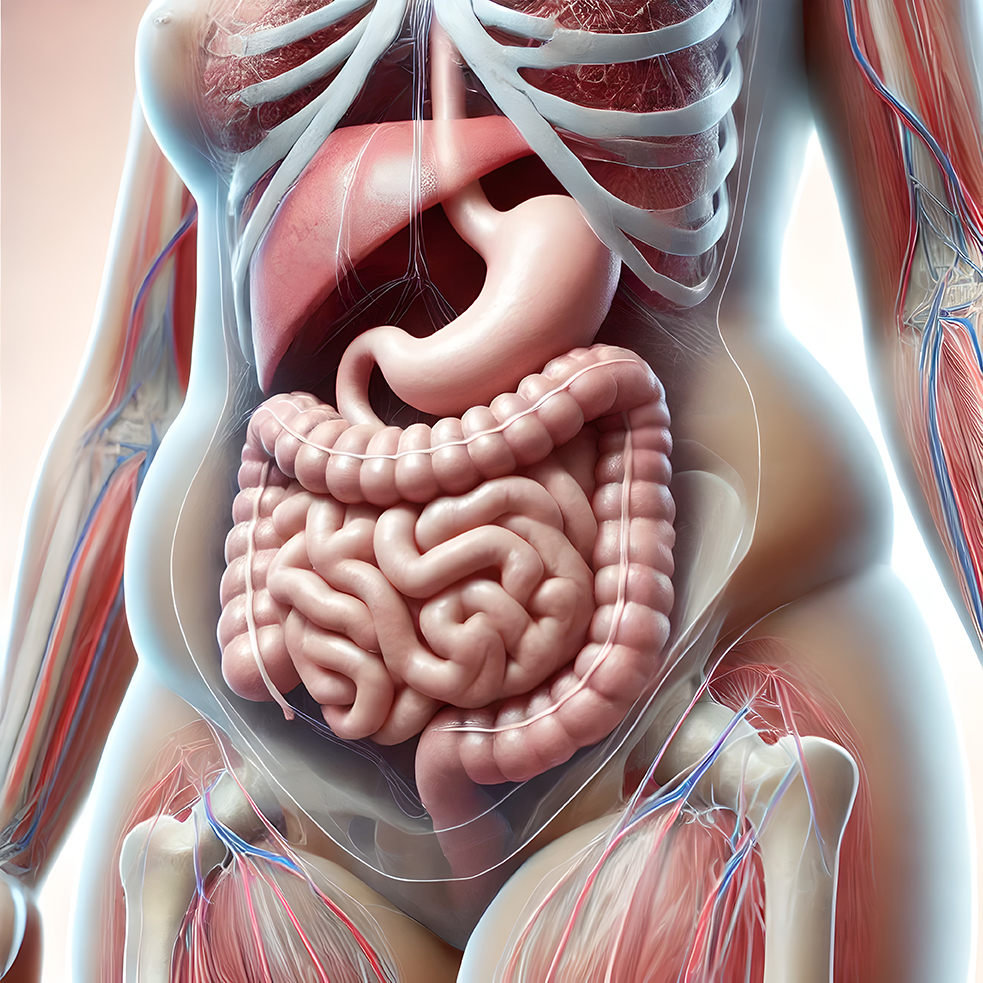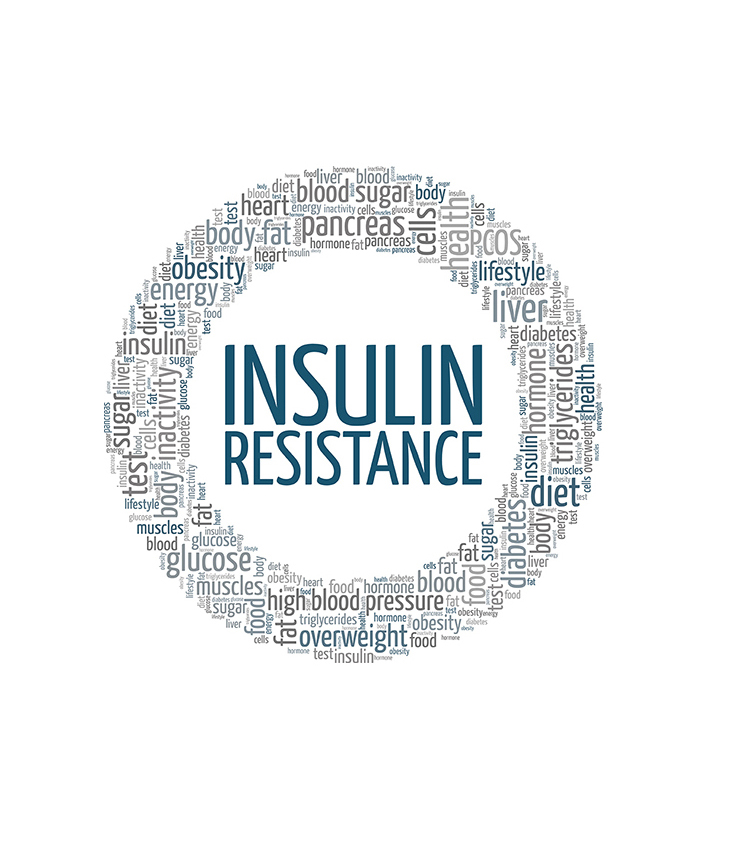The next time your acid reflux is acting up and you reach to grab your medication, I hope you think twice. More than 50 million Americans are prescribed medication for acid reflux or GERD (Gastroesophageal Reflux Disease).
When acid reflux begins, the first step to relief is Tums and Rolaids. When that no longer seems to work, patients turn to medications like proton-pump inhibitors. At first, this seems like a good choice as it can relieve symptoms.
Proton-pump inhibitors (PPIs) are medications for constant acid reflux referred to as GERD (gastroesophageal reflux disease), peptic ulcer disease and non-ulcer indigestion. Over the last several decades, they have been one of the most widely prescribed drugs. However, are they truly needed and worth taking?
The range of PPIs prescribed are both over the counter and prescription:
- Omeprazole (Prilosec)
- Esomeprazole (Nexium)
- Lansoprazole (Prevacid)
- Rabeprazole (AcipHex)
- Pantoprazole (Protonix)
How do PPIs work?
They reduce stomach acid, thereby, reducing acid reflux into the esophagus relieving heartburn symptoms.
It appears short-term use may not be an issue. Based on an observational study, the risk of developing diabetes using PPIs for up to two years increases by 5%. PPIs used for more than two years showed a marked increase by 26%. Stopping the medication is likely to reduce the risk of diabetes.
Long-term use of PPIs has been associated with vitamin B12 and zinc deficiency. Metformin, a widely prescribed drug for diabetes and prediabetes, is also known to inhibit the absorption of vitamin B12. Consider if the combination of drugs increases the probability of absorption issues.
Data suggests that PPI users have a 40% higher risk of magnesium deficiency. After discontinuing use of the PPIs, levels appear to normalize within a couple of weeks. However, deficiency occurred again after restarting the medication.
Long-term and/or high-dose users may be at risk of a 41% reduction in calcium absorption, increasing fractures to the hip, spine, and wrist. And it was found with omeprazole users in a 2016 and 2017 study in Brazil that there was a 70.6% progression of chronic kidney disease (CKD). Couple this with the effects of diabetes and it may exacerbate kidney issues.
Did you realize the risk of death increases with the amount of time a person is taking PPIs?
It appears that the part of our cells, lysosomes, cannot function properly. Lysosomes function in the following ways:
- Breakdown and digest carbs, lipids, proteins, and nucleic acids
- Repairs cell membrane
- Responds against foreign invaders such as viruses and bacteria
Your digestive tract and immune system can become damaged and weakened over time.
What is the importance of the digestive tract?
Vitamins and minerals are absorbed and processed in the digestive tract. Stomach acid is designed to break down food so nutrients can be delivered. It is a balancing act, just like everything else in your metabolism. The food we eat and the beverages we consume are a direct impact on our digestive health. When that goes awry, you can experience stomach pain, bloating, IBS, fatigue, difficulty in losing weight, joint pain, headaches, and migraines.
Stomach acid is also needed to disable bacteria and viruses. When stomach acid is dramatically reduced by PPIs, there is an associated risk for intestinal infections.
Is medication my only option?
Get the proper diagnosis. Diabetic gastroparesis is a condition that can develop where chronically high glucose levels damage blood vessels supplying nerves and organs with nutrients and oxygen. In this case, PPIs may not be your best choice. Understanding the cause of your heartburn or GERD can determine the proper course of action.
Lifestyle changes will most likely be your best option. What you eat, when you eat, and how much you eat has the greatest impact toward feeling better. Taking steps to heal your digestive tract should also be part of your resolution to improve acid reflux. This may be the most effective and the safest for your long-term health.
So, let’s get that balance back in your life!
Suggestion: Read about hair analysis testing at: https://mycuravida.kartra.com/page/blog-hair-test
I was able to stop taking omeprazole after reviewing my hair analysis test and necessary dietary changes. No more heartburn!
A. D. A happy client!







